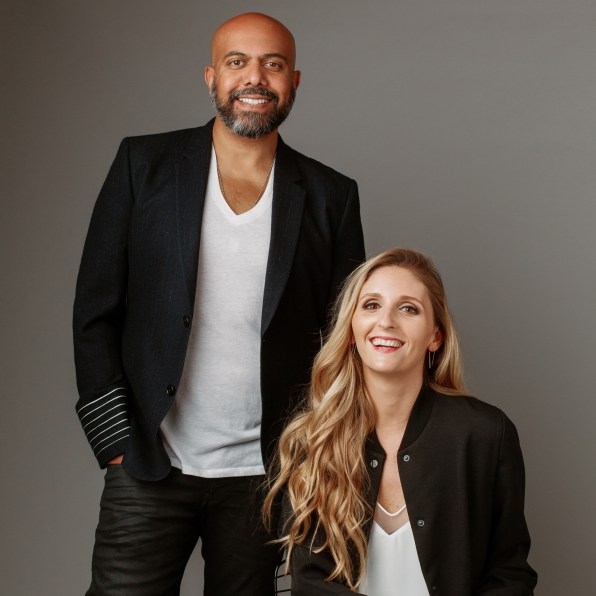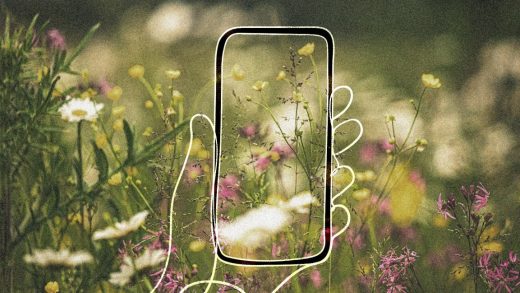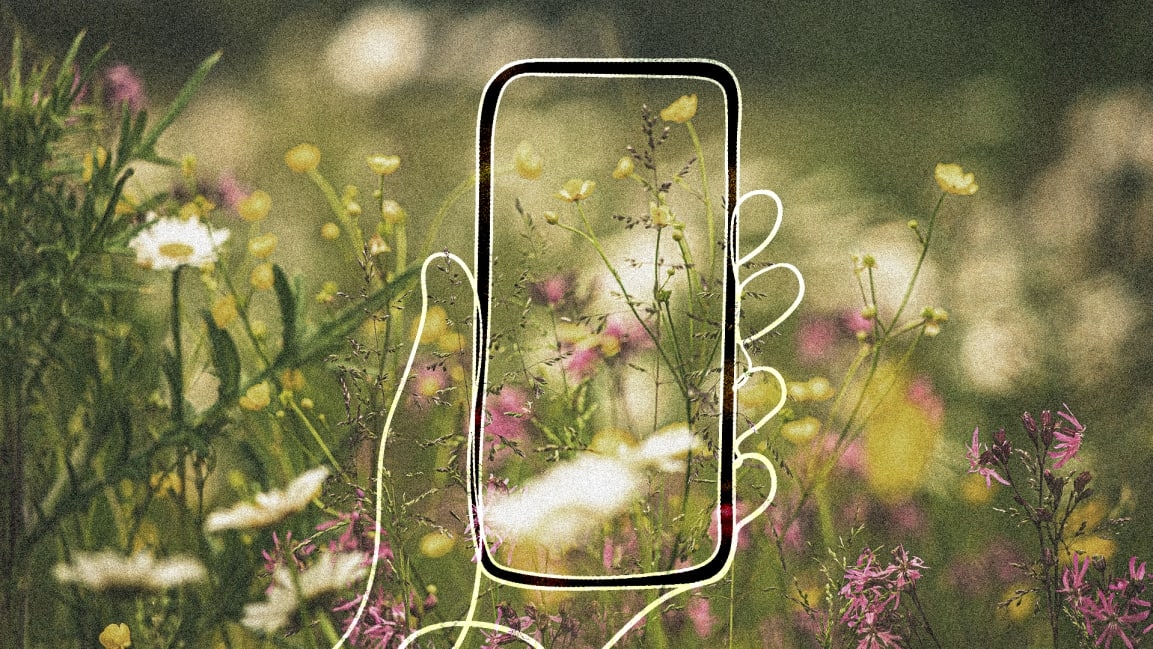Two ex-Apple rock stars have raised $30m to build the next iPhone
In 2017, two of Apple’s top design and technology executives decided to leave the company to start their own venture with an ambitious vision: to create the next big computing paradigm. That startup, called Humane, is now announcing that it has raised $30 million in a series A round of venture funding to continue developing its mysterious product. While cofounders Imran Chaudhri and Bethany Bongiorno refuse to reveal what they’re working on, its cofounders seem to believe it will have the same kind of impact as the iPhone—which is saying a lot, given that one of them designed the iPhone’s original interface.

[Photo: courtesy of Humane]
“We are at a point in terms of computing platforms where there’s a certain level of maturation that’s led to a decline in innovation,” says Humane president and chairman Chaudhri, who worked on the UI design of the iPhone and the iPad during his 21 years at Apple. “For us, it’s really about how we actually bring vitality and how we bring a new opportunity to computing. How do we move the needle?”
It’s impossible to have an opinion about the potential impact of Humane’s creation until it reveals at least some details. Tony Fadell, who spearheaded the iPod and also helped bring us the iPhone, left Apple over a decade ago and soon after started talking about “a product that could have a huge impact on a big problem,” as he told The New York Times in 2011. His startup Nest’s creation turned out to be a thermostat. But Humane is certainly dialing up the expectations for whatever it’s working on.
We’re tech optimists at heart. But we believe it’s also time to question everything to build something better.”
Humane CEO Bethany Bongiorno
The startup’s ambitions derive in part from Chaudhri reckoning with the downsides of the products he was instrumental in creating—particularly the ways in which smartphones can nag at and monopolize our attention while siphoning away private data for corporations to profit from. But that doesn’t mean that Chaudhri and Bongiorno, a former director of software engineering at Apple who worked with Chaudhri to launch the iPad, believe that technology is a net negative force in society.
“We’re tech optimists at heart,” says Bongiorno, who is Humane’s CEO. “But we believe it’s also time to question everything to build something better.”
Instead, they’re betting that the time is right for a new, less invasive way to interface with computers. It’s a compelling vision, despite the lack of details. “Every product, especially in computing, has a limitation in terms of how far it can go, what it can do before it starts to really become exhausted. That’s exhausted in terms of creativity, exhausted in terms of usefulness, exhausted in terms of the experience of using it as well,” Chaudhri says. “This is a cyclical thing that’s always occurred. Some people from a certain perspective call it a 15-year cycle. We’re coming on that for the smartphone.”
While the duo originally planned to raise funds the week after the pandemic lockdown began in San Francisco, they ultimately ended up taking meetings with investors in June. Within 10 days, they had found their next partners: Sam Altman, former president of Y Combinator and the CEO of AI-development organization OpenAI, and Lachy Groom, an entrepreneur, angel investor, and early employee at Stripe. These two investors are contributing most of the series A round, while a small syndicate of other investors, including Marc Benioff, Valia Ventures, Plexo Capital, and Kindred Ventures, make up the rest.
“I thought the team was exceptional and their vision for a new computing platform and what that would mean for the world as a whole, combined with their expertise delivering on super ambitious things like this . . . it was something I was excited to see and immediately wanted to be part of,” Altman says.
Eventually, the wait will be over and the rest of us will be able to see what the fuss is all about. Bongiorno says the company plans to announce the details before the end of next year. But when we spoke, Groom provided a small hint: “It was one of those things that only seems obvious in hindsight,” he says.
(29)



